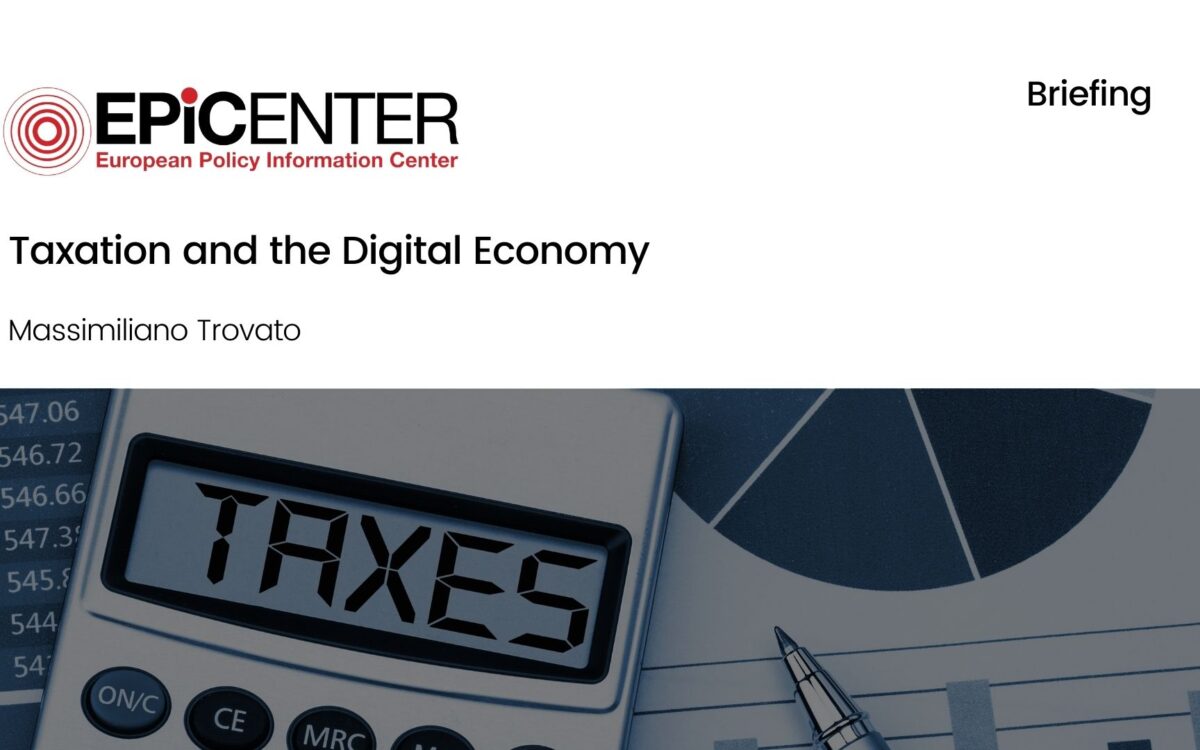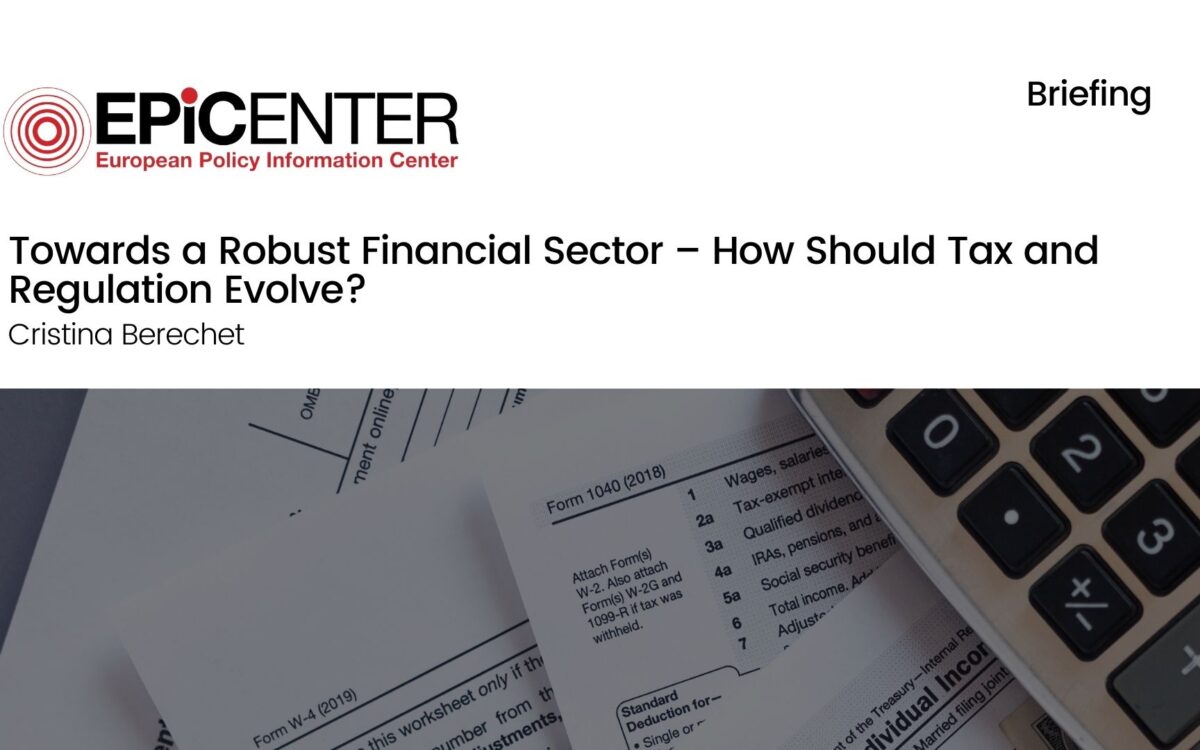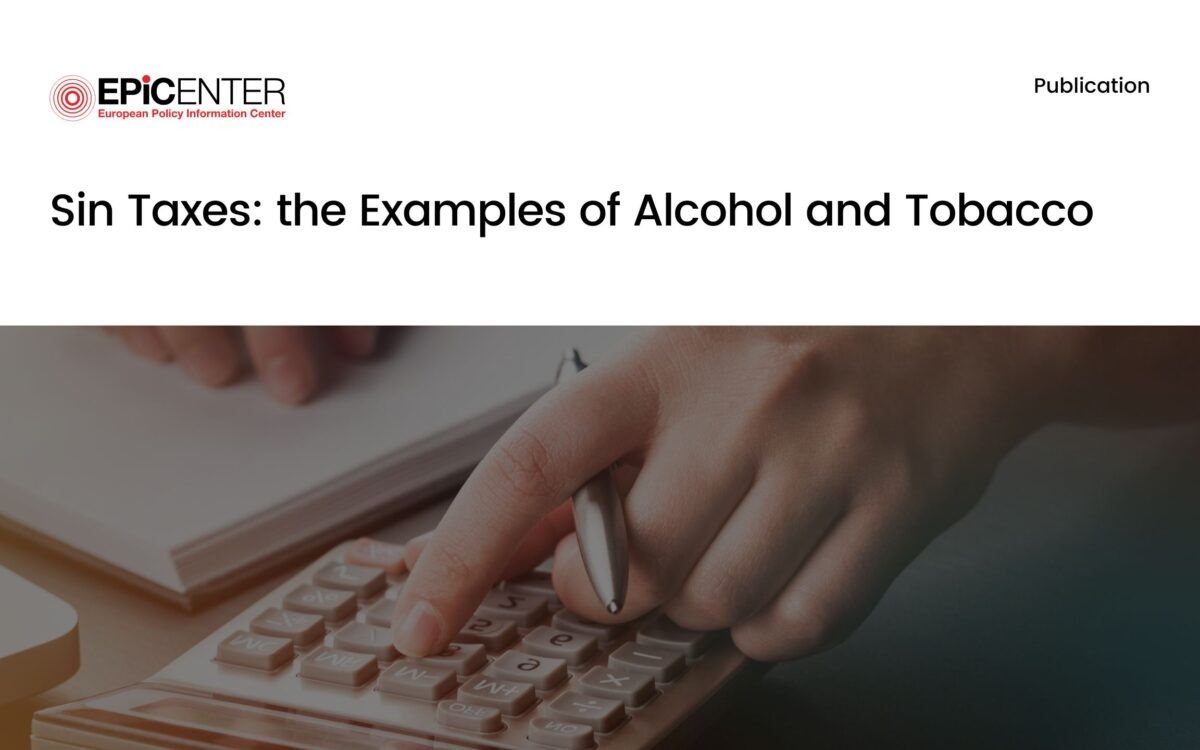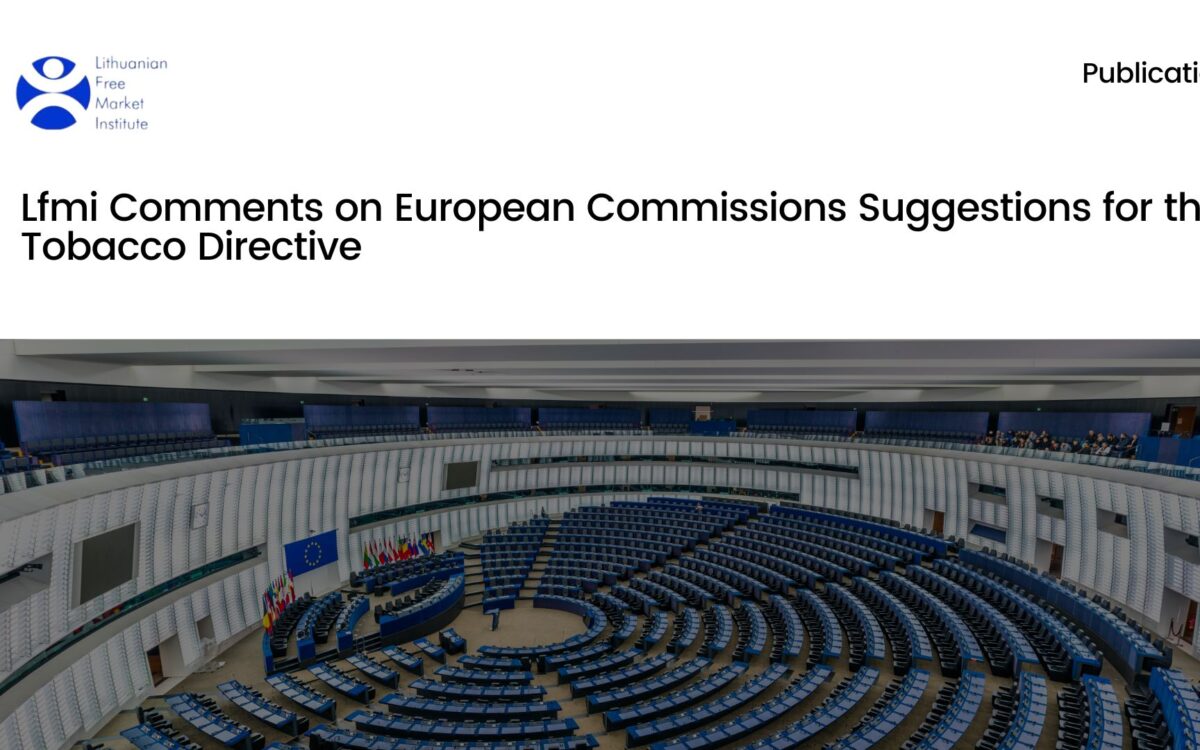October 1, 2014
The free-trade deal between Canada and the European Union has often been described as a template for the potentially much larger Transatlantic Trade and Investment Partnership currently being negotiated with the United States. As such it provides a good case study in the pitfalls that might plague, not just the TTIP, but other future trade agreements that the EU embarks upon.








